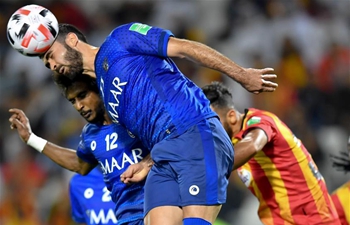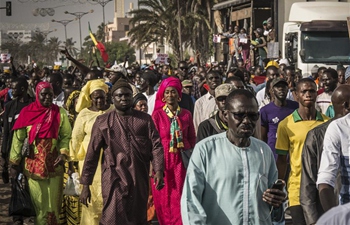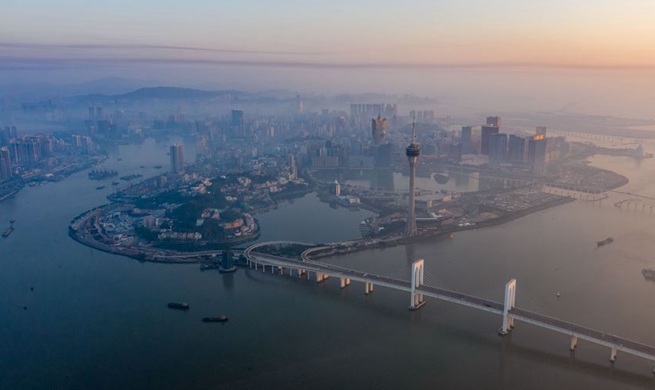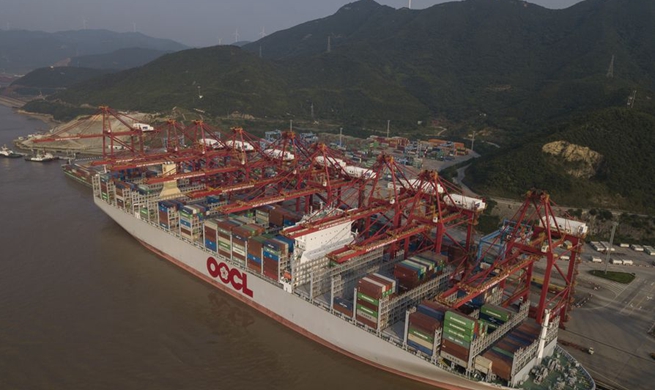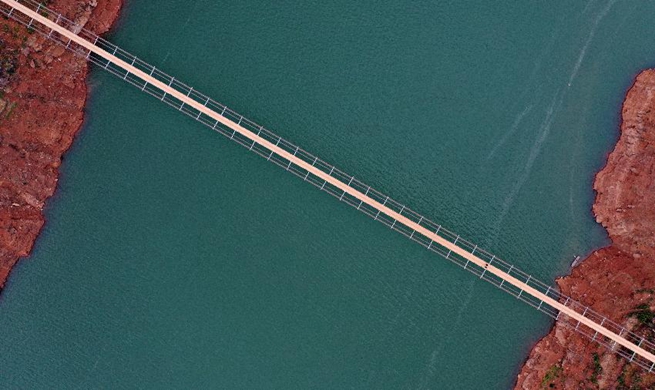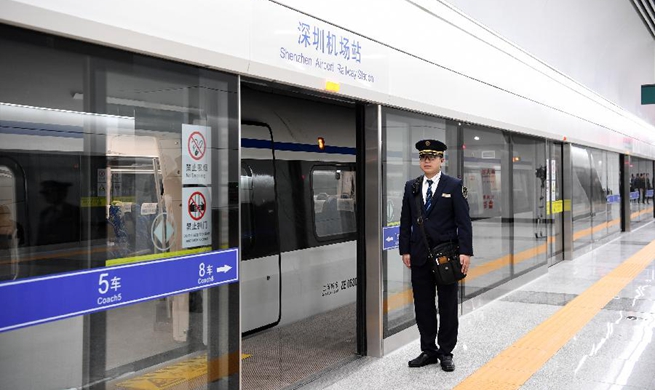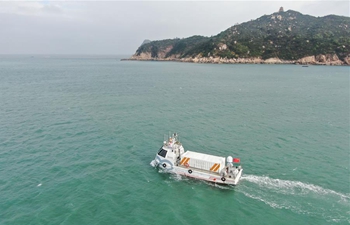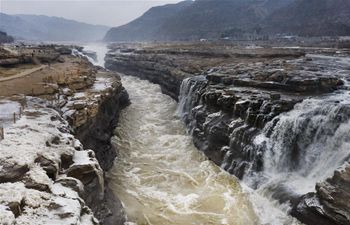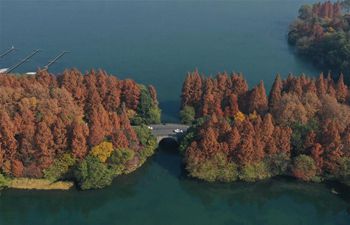ISLAMABAD, Dec. 16 (Xinhua) -- Pakistani experts are of the view that a regional grouping has a great potential for economic cooperation if political issues are not allowed to affect its working.
They argue that rivalry between Pakistan and India has hindered activities of the South Asian Association for Regional Cooperation (SAARC), which was launched in Dhaka, the capital of Bangladesh on Dec. 8, 1985, to promote cooperation among the member states in various fields.
SAARC comprises of eight member states: Afghanistan, Bangladesh, Bhutan, India, Maldives, Nepal, Pakistan and Sri Lanka.
The objectives of the association as outlined in the SAARC Charter are to promote the welfare of the peoples of South Asia and to improve their quality of life; to accelerate economic growth, social progress and cultural development in the region.
The 2016 SAARC summit, scheduled to be held in the Pakistani capital of Islamabad, was postponed after India refused to attend due to tension over a militant attack on an army camp near the town of Uri in the Indian-controlled Kashmir in September 2016 that left 19 soldiers dead. India had blamed Jaish-e-Mohammad group for the attack, which India claims operates from Pakistan.
Pakistan is hopeful that the long pending summit will be held in Islamabad and the country's Foreign Ministry spokesman Mohammad Faisal said on Thursday that diplomats from the member countries have "expressed their desire and high hope regarding the holding of the SAARC Summit in Islamabad."
Experts in Pakistan say political issues should not hold groupings like SAARC hostage as such approach have negative impact on economic development of the region and affect the peoples.
Pakistan's former ambassador Asif Khan Durrani said there is a tremendous economic potential of the SAARC if it smoothly functions to achieve its objectives to promote economic development and regional integration.
Durrani, who has served as Pakistan's ambassador to Iran and the United Arab Emirates, stressed that the SAARC members should resolve their political problems.
"There is no doubt SAARC has a huge economic potential to bring development and prosperity in the region. Bilateral disputes should not be allowed to create obstacles for the grouping," Durrani told Xinhua on Monday.
He admitted that rivalry between the two countries have hit the South Asian forum, urging the member states to follow groups like the Association of Southeast Asian Nations.
Maqsood Butt, a renowned Pakistani businessman in Lahore, the capital of Punjab province, said SAARC member states should focus on ways to improve relations that will give a boost to the forum.
Butt told Xinhua on Monday that tension among the member states will have negative impact on economic cooperation.
"I think Pakistan, India and Bangladesh, three key members of SAARC, should start free trade. Pakistan and India are close neighbors and goods of both countries could reach in few hours," he said.
The 18th SAARC summit was held in Kathmandu, the capital of Nepal, in 2014. The leaders of the grouping had expressed their strong determination to deepen regional integration for peace, stability and prosperity in South Asia by intensifying cooperation, inter alia, in trade, investment, finance, energy, security, infrastructure, connectivity and culture.

